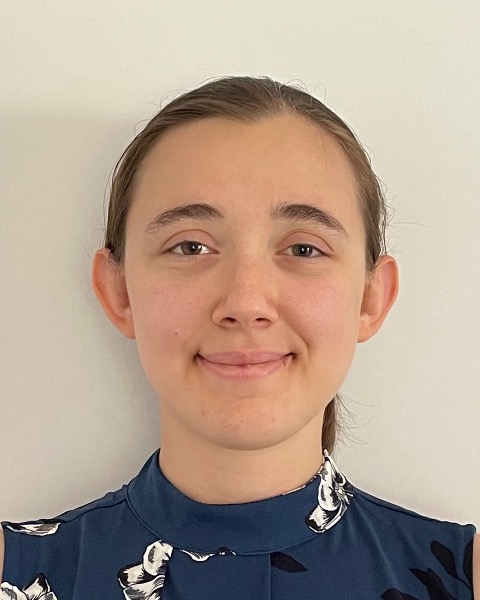Infectious Diseases
Session: Infectious Diseases Works in Progress
WIP 145 - The Use of Central Nervous System Stimulants to Treat Long COVID Fatigue in Pediatric Patients
Saturday, May 4, 2024
3:30 PM - 6:00 PM ET
Poster Number: WIP 145
Publication Number: WIP 145.973
Publication Number: WIP 145.973

Ajshe Zulfi, BS, BA
Medical Student
University of Connecticut School of Medicine
Trumbull, Connecticut, United States
WIP Presenting Author(s)
Background: The CDC defines Post-Acute Sequelae of COVID, or long COVID, as the presence of COVID-related symptoms for 4 or more weeks from initial infection. These symptoms are seen in up to 10% of affected children. Common clinical presentations in children include mood disorders, fatigue, and non-specific pain and aches. There are no evidence-based treatment recommendations for COVID-associated fatigue and literature suggests that it may persist and worsen. While certain long COVID manifestations may be treated by previously established methods, none target fatigue.
Methylphenidate is commonly prescribed for children with ADHD to improve concentration. It has also been effective in the treatment of fatigue in adults with post-traumatic brain injuries and chronic fatigue syndrome, as well as those receiving hospice care.
Objective: The objective is to determine if the addition of neurostimulants like methylphenidate is associated with a reduction in self-reported fatigue in children with long COVID as compared to non-stimulant conventional therapies. These include PT, CBT, and antidepressants. Findings from this study may identify useful therapeutic options and generate pilot data for future studies.
Design/Methods: This study is a single-center retrospective chart review of long COVID patients ages 7-18 referred to the Connecticut Children’s Pain Clinic from Sept 2021 through Nov 2023. Two groups will be identified: children treated with neurostimulants as part of their regimen and those only receiving conventional therapies. Fatigue will be assessed by the newly defined COVID Fatigue Inventory and a validated Single-Item Fatigue Measure per chart review. Data will be analyzed using descriptive and quantitative statistics. A paired t-test or Wilcoxon signed-rank test (for continuous variables) and McNemar’s test (for dichotomous variables) will be used to evaluate fatigue and other symptoms pre and post-initiation of neurostimulants. Demographic factors will be compared and correlated with fatigue outcomes. The study is IRB approved. The projected completion date is Feb 2024.
